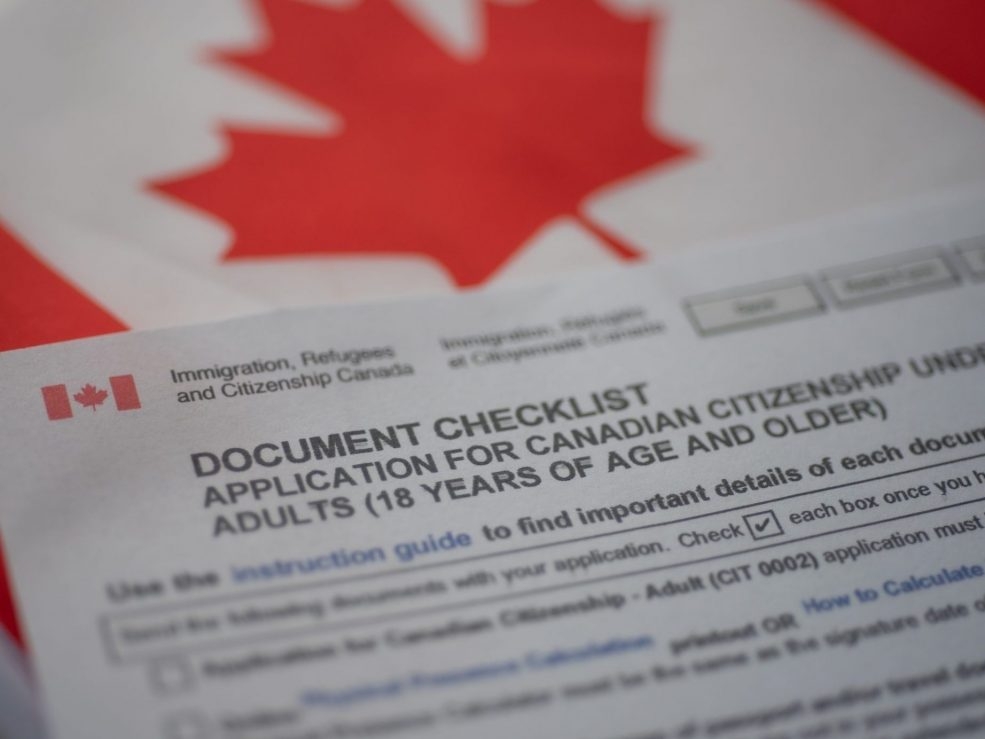A chilling question, posed by a concerned parliamentarian, has exposed a disturbing void at the heart of Canada’s immigration system. It began with a simple inquiry: how many individuals with criminal records are granted – or denied – Canadian citizenship? The answer, delivered by the federal government, wasn’t an answer at all, but a frustrating admission of systemic blindness.
The response, a tangled web of bureaucratic language, revealed a shocking truth – the government simply doesn’t know. They are unable to track how many citizenship applications come from individuals with criminal histories, nor can they differentiate between crimes severe enough to warrant denial and those deemed less concerning. This lack of data paints a deeply unsettling picture.
The scale of the problem is likely significant. Between January 2019 and August of this year, over 2,500 applications were rejected under a section of the Citizenship Act designed to address criminality. However, this figure only represents those *explicitly* denied; it offers no insight into how many potentially dangerous individuals may have slipped through the cracks.

This section of the Act isn’t limited to traditional crimes. It also allows for rejection based on dishonesty, withholding information, or even involvement in war crimes. Yet, without accurate data, the government operates in the dark, unable to effectively assess risk and protect its citizens.
The revelation has sparked outrage. One member of parliament expressed disbelief that the government couldn’t account for how many individuals with criminal backgrounds have been granted the privileges of citizenship. This isn’t merely an administrative oversight; it’s a fundamental failure of responsibility.
Compounding the issue, data recently surfaced showing a 30% increase in the number of non-Canadian citizens held in federal penitentiaries over the last decade. While the Canadian-born prison population is decreasing, the number of foreign nationals incarcerated is steadily rising.
Adding to the growing concerns, a separate inquiry revealed that nearly 30,000 individuals wanted for deportation have vanished, failing to appear for proceedings and leaving immigration authorities with outstanding warrants. These individuals remain at large, their whereabouts unknown.
Taken together, these revelations expose a pattern of systemic failure. The federal government appears to be losing control of its borders and its ability to effectively manage immigration, raising serious questions about its commitment to ensuring the safety and security of Canadians.





